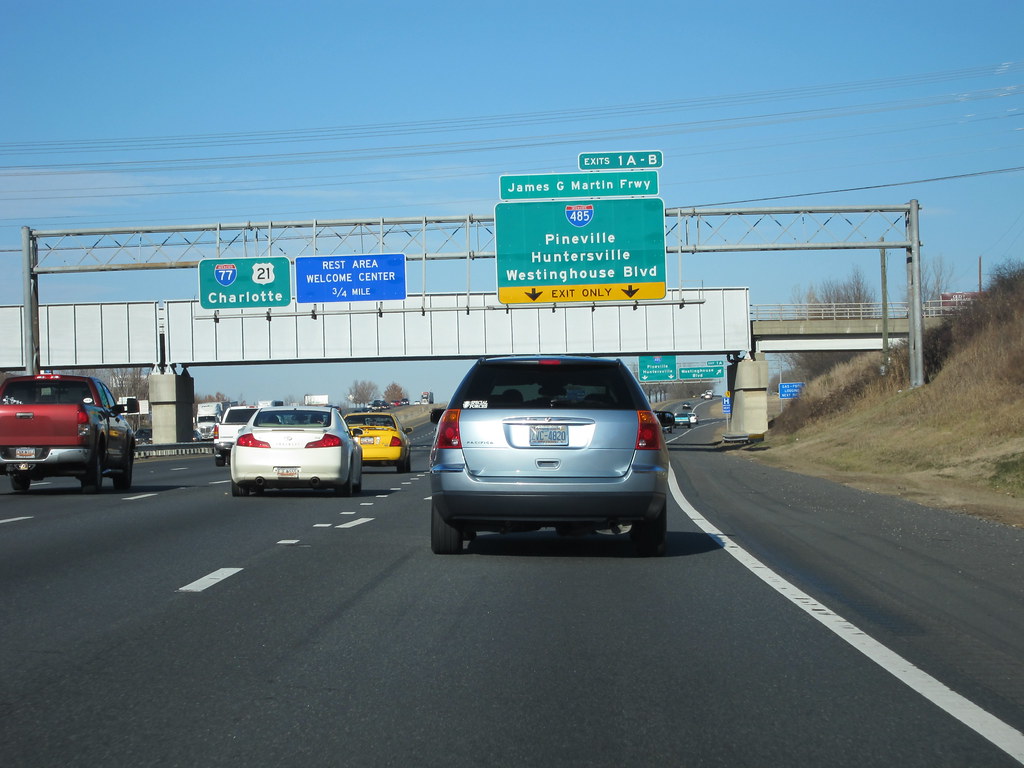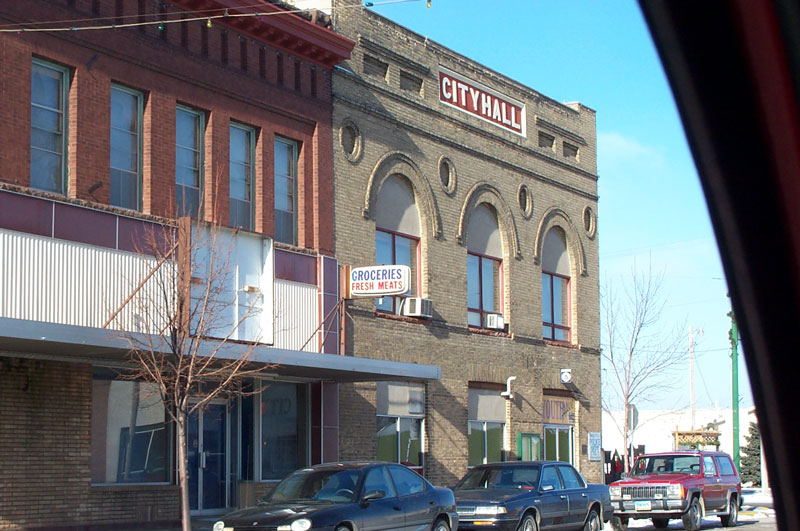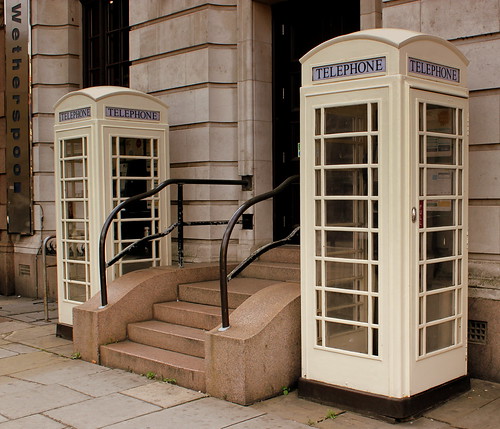Many municipalities have considered or have already started to provide broadband services to their residents directly. They intentionally bypass numerous commercial enterprises that specialize in those functions. There were more than 100 cities doing that already just in the United States alone in 2011. Control over speed and pricing offered one big reason. A desire to offer service directly to every residence within its boundaries offered another. In Chattanooga, Tennessee earlier this year for instance, Governing.com noted that the city had:
“… leapt to the forefront of American cities with ultra high-speed broadband service and has accomplished the feat in a surprisingly old-fashioned way. The city’s municipally-owned electric utility provides the service. Tennessee’s fourth-largest city is now a member of a small, but elite group of world-class cities that can offer residents and businesses Internet service of up to one gigabit per second, 200 times faster than the average broadband speed in America.”
I thought it might be interesting to take a look at that “old-fashioned way”. Let’s see how it was doing today with another communication medium, the land-line telephone. While somewhat maligned now and overtaken largely by cellular and Internet technologies, wired telephony was a leading-edge technology in the previous century. Back then towns and cities worldwide built and owned their own local telephone systems. They cited many of the same reasons we’re seeing in municipal broadband today.
I wondered if any municipalities still provisioned their own telephone service. Very few, it turned out. I confirmed only three instances. I’m certain a handful of others must exist in small pockets elsewhere, particularly in the non-English speaking part of the world. Unfortunately I found that difficult to parse with typical Internet searches.
Pineville, North Carolina, USA

The Pineville Telephone Company bills itself as,
“… a full service telecommunications provider, which has supplied quality service to Pineville’s business and residential community since it was established in 1937. PTC is currently one of only two municipally owned telephone companies operating in the United States. Because PTC is municipally owned, we are able to offer our residential customers some of the lowest rates in the state.”
Pineville (map) once existed as a distinct location. However, it’s largely evolved into a suburb blended within the larger Charlotte, North Carolina metropolitan area, and wedged-in by the state border with South Carolina. Its practically unique telephone system harkened back to an earlier time. Back then, Pineville was a more isolated pocket of settlement drifting upon a rural landscape.
I’m not sure how Pineville knew that there were only two occurrences in the United States. However that’s all I could find too. So there might be some truth to their statement unless someone can uncover another one.
Barnesville, Minnesota, USA

Isolated Barnesville (map), unlike Pineville, continued to retain its original rural charm, with an annual Barnesville Potato Days held each August as an example. The bare-bones City of Barnesville Municipal Telephone website displayed its entire set of offerings on a single page, and explained,
“In 1901 the City of Barnesville became the first city in Minnesota to own a municipal phone service. The phone service has always generated substantial revenue, and profits from the system have helped keep property taxes lower… Municipal ownership of these important utilities ensures resident of cutting edge technology at affordable prices.”
Barnesville also provisioned its own cable television network so municipal ownership was a model that obviously worked for them. The city seemed have a good set of reasons to retain their telephone system. That didn’t prevent the vast preponderance of other municipalities similarly situated from divesting over time, however.
I also noticed a statement on the Barnesville site that happened to reference two municipally-owned telephone systems in Minnesota. Unfortunately it did not offer any additional explanation. If true, I could not find the other one.
Thunder Bay, Ontario, Canada

There might be only a single remaining example in all of Canada, at Thunder Bay, Ontario (map). The Thunder Bay Telephone Company, since renamed Tbaytel, traced its origins back to 1902. If it’s not the only municipally-owned telephone company in Canada it’s certainly the largest. It’s also likely larger than either of the remaining examples in the United States. Tbaytel also expanded into cellular service with a significant subscriber base throughout Northern Ontario.
There were other examples in Northern Ontario until recently. The Kenora Municipal Telephone System (KMTS) became a division of Bell Aliant in February 2008. Dryden Municipal Telephone Service (DMTS) did the same in January 2013. Many Internet sources were still catching-up with that news.
Speaking of…
Municipally Owned Telephone. Nope
Kingston upon Hull (map), frequently referred to simply as Hull, retained a municipally-owned telephone system for a very long time, a final holdout from British Telecom, BT. Somehow Hull resisted national utility consolidations successfully. Hull’s municipal provider, Kingston Communications, traced its origins back to the earliest days of the 20th Century.
Later it became KCOM Group, and its history page [link no longer works] explained what happened next: In 1999 “The Kingston Communications Group was partially floated on the London Stock Exchange, with the City Council retaining its interest with a 44.9 per cent stake.” Then in 2007, “Hull City Council [sold] remaining stakeholding in the Group.” KCOM Group became a fully publicly-traded company at that time. It maintained its practical monopoly on telephone services in Hull although no longer as a municipally-owned entity.

The most interesting and visible quirk, in my opinion, was that Kingston upon Hull did not field the iconic red British telephone box because BT did not provide service the area. Rather, Kingston Communications fielded a box described either as white or cream. Telephone boxes have become such an anachronism that perhaps even that one simple individualistic distinction will fade over time as well. Look at them while you can (e.g., a Street View image that I expect to disappear someday).

Leave a Reply